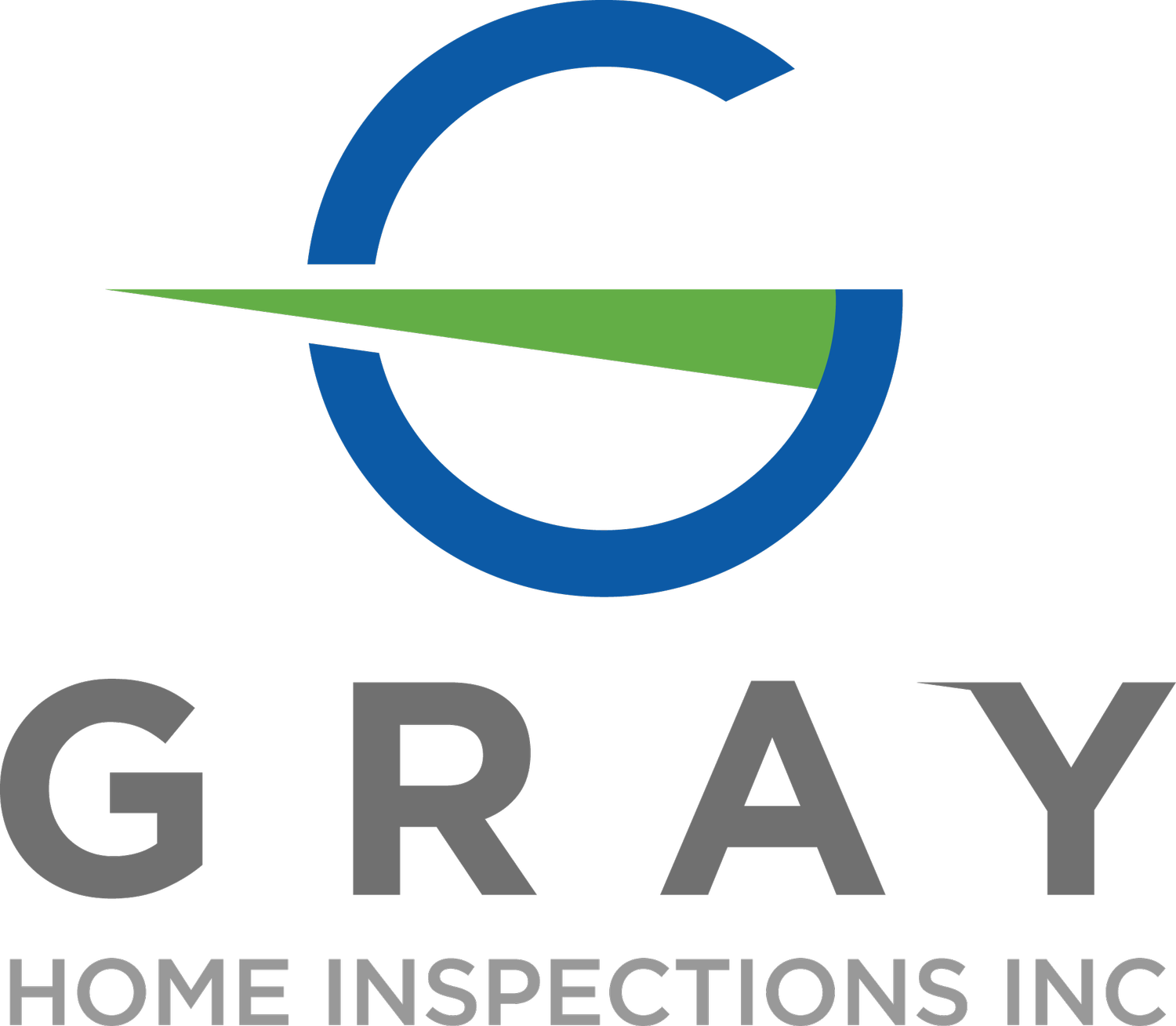Navigating Commercial Property Inspections
While residential properties often steal the spotlight, commercial real estate is a dynamic and lucrative market in its own right. At Gray Home Inspections in Jacksonville, FL, we recognize the unique challenges and considerations that come with commercial properties. In this blog, we'll provide you with a comprehensive overview of commercial property inspections, shedding light on why they're essential and what you should know before diving into this market.
- Defining Commercial Property Inspections: Commercial property inspections are comprehensive assessments of non-residential properties, such as office buildings, retail spaces, warehouses, and industrial facilities. These inspections are conducted to evaluate the condition of the property's various systems, structures, and components.
- Purpose and Benefits: The primary purpose of a commercial property inspection is to provide investors, buyers, and property managers with a clear understanding of the property's condition. This knowledge is crucial for making informed investment decisions, negotiating lease terms, planning renovations, and ensuring compliance with safety and building codes.
- Types of Commercial Properties Inspected: Commercial properties come in various forms, each with its own unique characteristics. Common types of commercial properties that may undergo inspections include:
- Office Buildings
- Retail Spaces and Shopping Centers
- Industrial Warehouses
- Multi-Family Housing Complexes
- Hospitality Establishments (Hotels, Motels)
- Special Purpose Properties (e.g., Restaurants, Healthcare Facilities)
- Key Inspection Areas: Commercial property inspections cover a wide range of areas, including:
- Structural Components
- Roofing and Exterior Envelope
- Electrical Systems
- Plumbing and Mechanical Systems
- HVAC (Heating, Ventilation, and Air Conditioning)
- Interior Spaces and Finishes
- Accessibility and Safety Compliance
- Environmental Concerns (e.g., Asbestos, Mold)
- Regulatory Compliance and Code Adherence: Commercial properties are subject to specific regulations and building codes that govern safety, accessibility, and environmental standards. A thorough inspection ensures compliance with these requirements, reducing potential liabilities and ensuring a safe environment for occupants.
- Environmental Concerns: Commercial properties may be subject to environmental considerations, such as hazardous materials, contamination, or air quality issues. An inspection can identify any environmental hazards, allowing for appropriate remediation measures.
- Lease Negotiations and Renovation Planning: Inspection reports play a crucial role in lease negotiations. They provide valuable information that can be used to negotiate lease terms, particularly when it comes to addressing necessary repairs or upgrades. Additionally, inspection findings inform renovation and maintenance planning.
- Specialized Inspections: Depending on the type of commercial property, specialized inspections may be required. These can include assessments for:
- ADA Compliance (Accessibility)
- Fire Safety and Life Safety Systems
- Environmental Hazards (e.g., Lead, Radon)
- Structural Engineering Evaluations
Commercial property inspections are a vital component of the due diligence process for investors, buyers, and property managers. They provide critical insights into a property's condition, ensuring informed investment decisions and compliance with regulatory standards. At Gray Home Inspections in Jacksonville, FL, we're equipped to handle the unique challenges of commercial property inspections. With our expertise, you can navigate this dynamic market with confidence and make sound investment choices.
